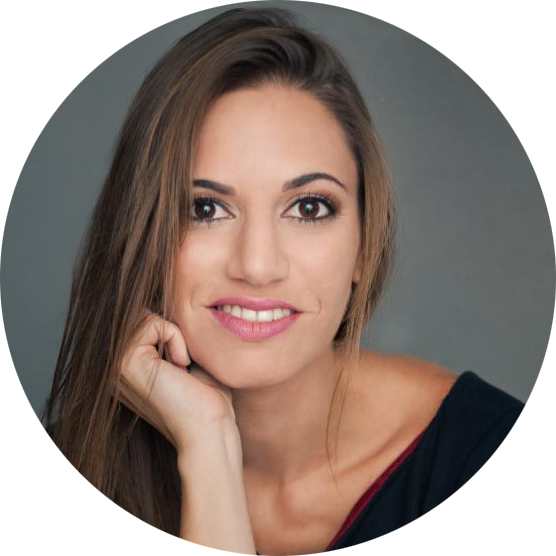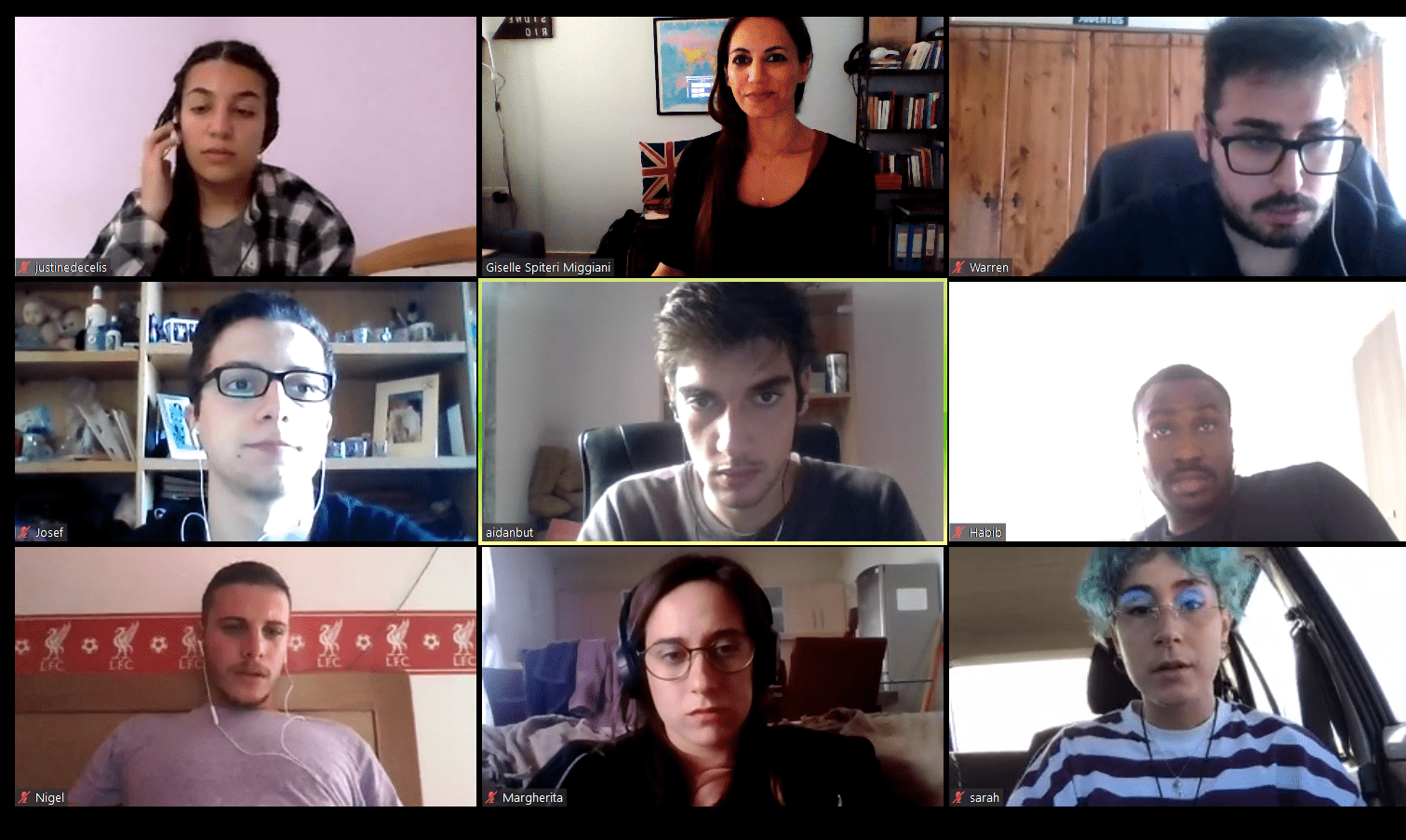ZOO Digital helps train next generation of localization talent using proprietary dubbing technology

ZOO is working with universities around the world to train the next generation of localization talent. The goal is to help grow a new wave of dubbing artists and adaptors, to support our clients and the industry as a whole. University of Malta is the latest partner to adopt ZOOdubs technology into its teaching and has discovered some encouraging insights about the future of media localization.
In dubbing, script adaptation is a crucial early step that brings accuracy and authenticity to the rest of the project. However, it is also an area with a current lack of resource. Team ZOO appreciates that script adaptation is a creative art form, requiring a thorough grasp of the nuances of language and the observational and people skills to fully understand linguistic delivery. With this in mind, we wanted to equip audiovisual translators and adaptors with the best tools to get the job done.

Dr. Giselle Spiteri Miggiani is a lecturer in audiovisual translation at the university, working in the Department of Translation, Terminology and Interpreting studies. She has worked as a translator, trainer, consultant and acclaimed author in the subject of dubbing since 2006 and believes that the ZOO way of working is ‘the future of media localization’.

“The first reaction from my students was very positive, I must say. To the extent that the students do not seem very eager when I entrust them with dubbing adaptation tasks without the support of this technology!”
For a generation that is completely comfortable blending technology into their lives, these adaptors recognize the value that ZOOdubs brings as a way of facilitating and accelerating their craft.
Describing her first experience with cloud dubbing, Spiteri Miggiani said: “I discovered ZOOdubs through an esteemed colleague. My first reaction? As a trainer and researcher on dubbing, and dubbing technologies, I was curious and eager to explore teaching possibilities.
“As a translator, and coming from a traditional dubbing background, I couldn’t see myself converting to a new way of inputting dialogue – rather than sending a Word file with the translated and adapted text. Although I was already familiar with rythmo-bands, I still stubbornly preferred the traditional method.
“After trying ZOOdubs, I gradually began to prefer this new experience over traditional methods. With regards to the overall cloud dubbing system, I was fascinated by the limitless possibilities when it comes to geographical territories and global collaborative dubbing.”
Embracing the new normal
ZOO had already laid the groundwork, at a time when access to a centralized teaching facility was restricted. The cloud-based technology empowered the students to learn dubbing adaptation virtually.
As a lecturer, Spiteri Miggiani was able to access students’ work, add feedback and engage in live group teaching – all remotely. She could edit scripts and perform lines in real-time, with changes viewed by the class.
Thanks to the versatility of these budding adaptors to work with new technology, the response to our cloud dubbing platform has been extremely positive.
However, Giselle Spiteri Miggiani believes the challenge for established translators is to embrace a new adaptation technique. As with any new technology, there is always a period of adjustment, but to adapt, it’s key to embrace the change and work through the initial ‘shock’.

She explained: “I, myself have experienced that initial shock and had to adapt because this is the future of media localisation. This is where the industry is heading so it is important for both trainers and trainees to familiarize themselves with new technologies.
“This year I have found such technologies particularly useful due to the unexpected shift towards remote teaching. Teaching dubbing translation practice remotely is no easy task, and these new technologies have undoubtedly helped in these circumstances. With no sign of the pandemic ending soon, cloud dubbing can help students to continue their education, and move forward with new future-proofed skills.”
Working smarter to deliver results
ZOO has considered efficiencies across the entire cloud dubbing system, making adaptation as intuitive as possible for translators. Using ZOOdubs, adaptors can focus primarily on the text and performance, while visual aids cover rhythm, pauses, synchronisation and more.
As an experienced professor, Spiteri Miggiani noticed that the process ran more smoothly when using the cloud dubbing platform to complement her traditional teaching. For example, the in-built rythmo-band enables translators to efficiently synchronise the duration of dialogue lines and match the rhythm. This gave Giselle and her students more time to focus on the translation and adaptation craft, as processes were completed automatically behind-the-scenes.
Spiteri Miggiani added: “This way of working allows more focus on the text itself on a linguistic level. This saves the translator plenty of time and distraction. Dubbing translators are saved the trouble of inserting character names or time codes. The possibility of integrating and accessing shared glossaries is also extremely helpful.
“For me, working with ZOO’s software tools makes the teaching experience more enjoyable.”
“The dubbing translator doesn’t have to worry about preparing a script that is functional for everyone else. The system is taking care of that, so they’re already working with the same visualisation that the actors, dubbing directors and sound technicians are going to be using when recording. Being able to edit the script in real-time, in a way that everyone can see and interact with, is perfect for education. For me, working with ZOO’s software tools makes the teaching experience more enjoyable.”
Discover cloud dubbing
Cloud dubbing is helping to grow the industry, for now and the future.
We want to support and educate the next generation of talent through partnerships with influential universities – to benefit the younger generation and grow the talent pool that our clients rely on.
With a cloud-based platform built from the ground-up for the TV and movie industry, more industry experts are embracing cloud dubbing as the future of media localization. A new wave of voice talents and translators around the world are ready to empower their art with our technology.
Contact ZOO to find out more about supporting localization educators with world-leading technology.
{{cta(‘141e54dc-a776-4e7f-88ad-95014a19574b’,’justifycenter’)}}{{cta(‘7282fdeb-b7c8-4515-aacd-45005aa45e82′,’justifycenter’)}}